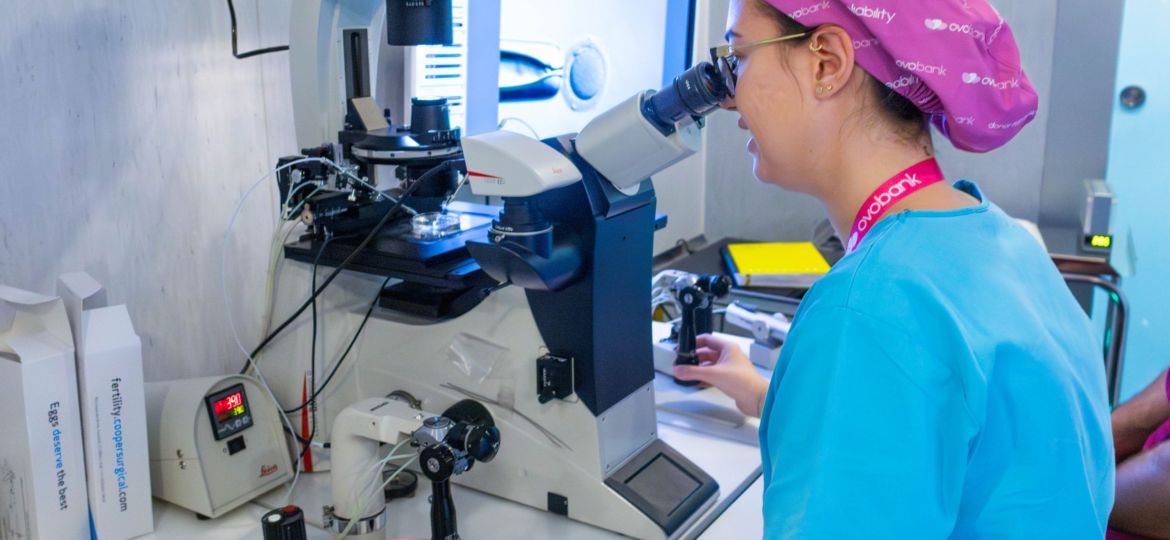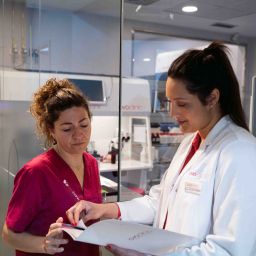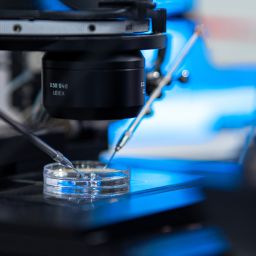
Reproductive medicine has enabled millions of women around the world to fulfil their dream of becoming mothers. However, very few know that much of the research and advances in this field are the work of women scientists whose dedication has changed the history of fertility.
According to data from the UNESCO Institute for Statistics, in 2019 women accounted for approximately 28% of scientific researchers worldwide. This represents, with previous data from the Institute itself, an increase of 5.3% in the last decade. A figure that, despite the increase, still reflects a gender gap that persists and requires effort to achieve equal representation.
A representation that originated from women who broke barriers and have been key players in reproductive medicine. Among the most prominent are Marie-Claire King and Patricia Steptoe. Below, we will develop a little more about their transcendence in assisted reproduction:
- Marie-Claire King. Born in Chicago, Dr. King has been a professor at UC Berkeley from 1976 to 1995 and a professor of Medical Genetics and Genomic Sciences at the American Cancer Society at the UW since 1995. The 78-year-old American has played a key role in identifying genes linked to breast cancer, but has also done important research in reproductive genetics. Although her work is not directly related to egg preservation, her research in genetics has helped to improve understanding of the genetic basis of fertility and reproductive health.
- Patricia Steptoe. Successful British gynaecologist, she has been the main protagonist of the first baby born through In Vitro Fertilisation in the history of mankind. Together with the biologist Robert Edwards, both were involved in this milestone in 1978. Patricia Steptoe herself documented in the article ‘The First Test Tube Baby’ her experience in terms of procedures and scientific advances. Despite the significance of the gynaecologist, Robert Edwards received the Nobel Prize for Medicine in 2010 without at least naming Patricia Steptoe.
Two experiences that laid the foundation for many more women to decide to enter the field of reproductive medicine, which today is more advanced than ever thanks, increasingly, to the role played by women scientists.
Empathetic approach to women in reproductive medicine
Several studies highlight empathy in medical treatment and the relationship between doctor and patient as a key point. This was explained in an academic paper by David H. K. of Harvard University. On the other hand, publications in fertility and assisted reproduction journals explain how women in the field of science tend to integrate both the science and the emotional concerns of patients. Thus, bringing the two studies together reflects the profound need for women in this particular field.
This empathetic approach between infertile women and female health professionals helps the emotional experience of patients. Active listening, a more holistic approach to treatment, and the ability to build and convey more trust with other women are evidence of the crucial role of women in assisted reproduction.
At our various Ovoclinic clinics, female scientists are a vital part of the team. Their dedication goes beyond scientific breakthroughs, providing emotional support that transforms each patient’s experience. Thanks to their close and personalised approach, they offer not only cutting-edge solutions, but also the hope and confidence that each person needs on their journey towards motherhood. For this reason, and on the occasion of the International Day of Girls and Women in Science, we would like to thank all the women who do science, as well as encourage future generations to enter the wonderful world of assisted reproduction.








